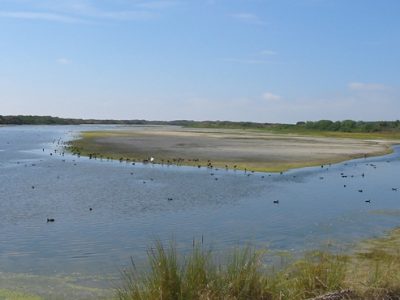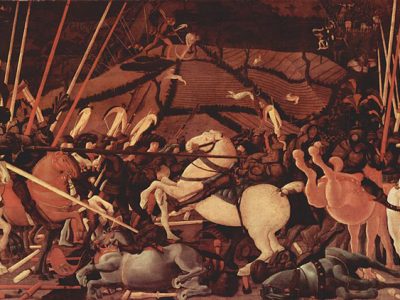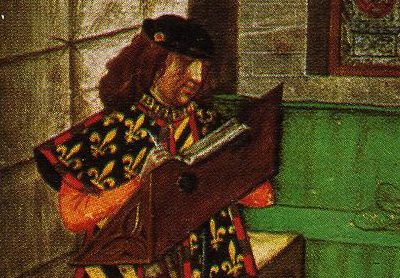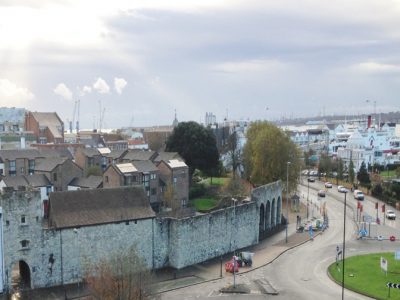Where did Henry Cross the Somme?
By Peter Hoskins The first objective after landing in France was the capture of Harfleur. Once this had been achieved, and measures had been taken to secure the town, Henry set out for Calais. The most significant obstacle between Henry and this English foothold in France was the Somme. Somewhere along his route the river would have to be crossed. This was as obvious to the French as it was to the English and Henry could expect his crossing to be opposed. The shortest and most direct route to Calais... Read More



